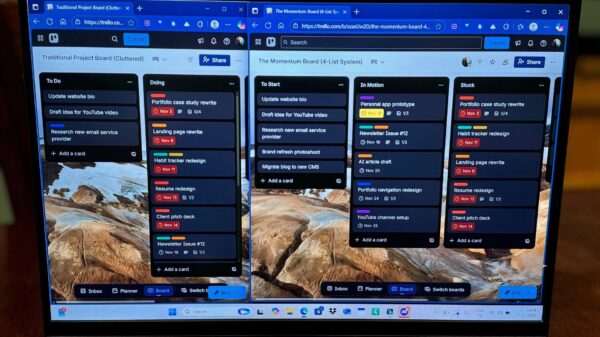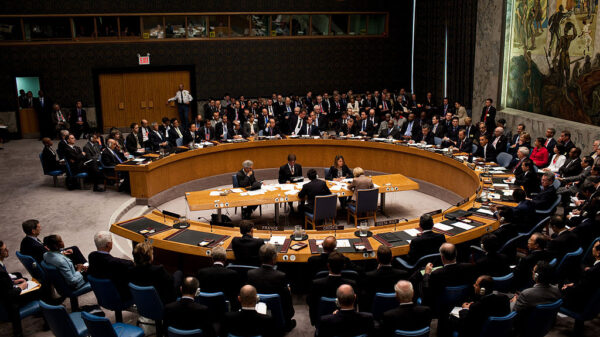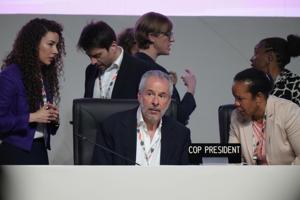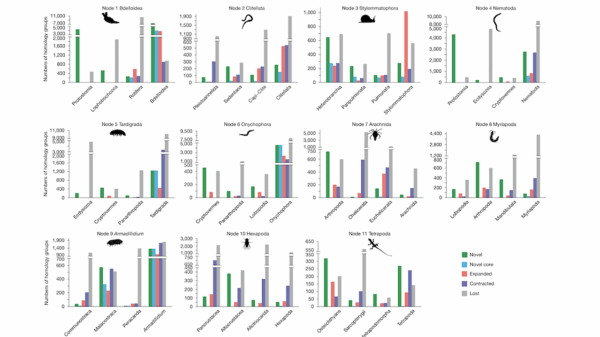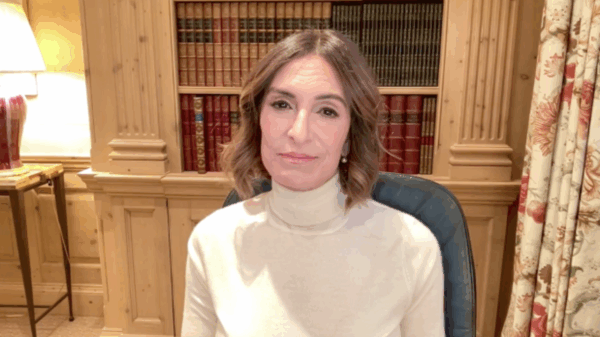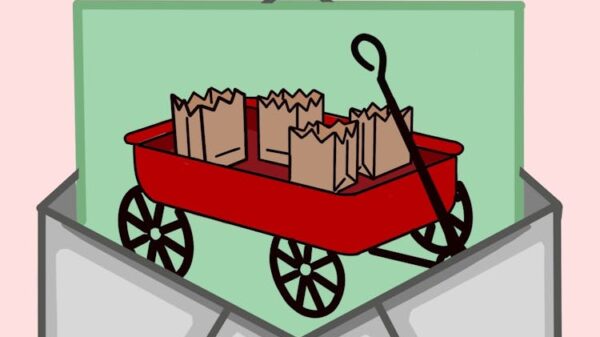URGENT UPDATE: A poignant letter to advice columnist Annie Lane has ignited intense discussions about the complexities of toxic family relationships. The letter, from a 57-year-old woman known as At Peace Without Her, details a troubled relationship with her sister that culminated in a painful family rift.
The letter recounts distressing events, including the burial of their father, where the sister’s children reportedly instigated conflict with the woman’s daughter, prompting her to sever ties with that side of the family permanently. Since then, the woman has chosen to distance herself, citing ongoing social media misrepresentations and feelings of relief from the toxic dynamics.
In a world where familial connections are often deemed sacred, At Peace Without Her expresses her resolve to maintain boundaries, despite societal pressures to reconcile. She poses a critical question: Should one return to a relationship that causes emotional pain just because others believe it’s the right thing to do?
At Peace Without Her states, “I have found peace by walking away. Do I really have to let her back into my life just because others think I should?” Her compelling narrative resonates with many who face similar dilemmas, emphasizing the importance of self-preservation over familial obligation.
Annie Lane’s response was equally powerful, affirming that “you do not owe anyone a relationship that brings you pain.” Lane encourages readers to prioritize their mental well-being, stating that “boundaries are not selfish” and that sometimes the healthiest choice is to maintain distance from toxic individuals, even if they are family.
This exchange highlights a growing movement that advocates for personal peace and mental health over traditional family loyalty. It resonates deeply in today’s society, where many struggle with the expectations of maintaining relationships that contribute to emotional distress.
In a related note, readers are reminded of the recent release of Annie Lane’s second anthology, “How Can I Forgive My Cheating Partner?” This collection includes insights on marriage, infidelity, and reconciliation, available in both paperback and e-book formats through Creators Publishing.
As society grapples with the nuances of familial relationships, this dialogue prompts an urgent reflection on what it means to protect one’s peace. The conversation continues to unfold, urging individuals to consider their emotional health in the face of familial obligations.
For those facing similar challenges, Lane’s columns offer guidance on navigating difficult family dynamics, reinforcing the idea that one’s happiness and mental well-being should take precedence.
Stay tuned for more updates on this compelling topic as more readers share their experiences and insights.



